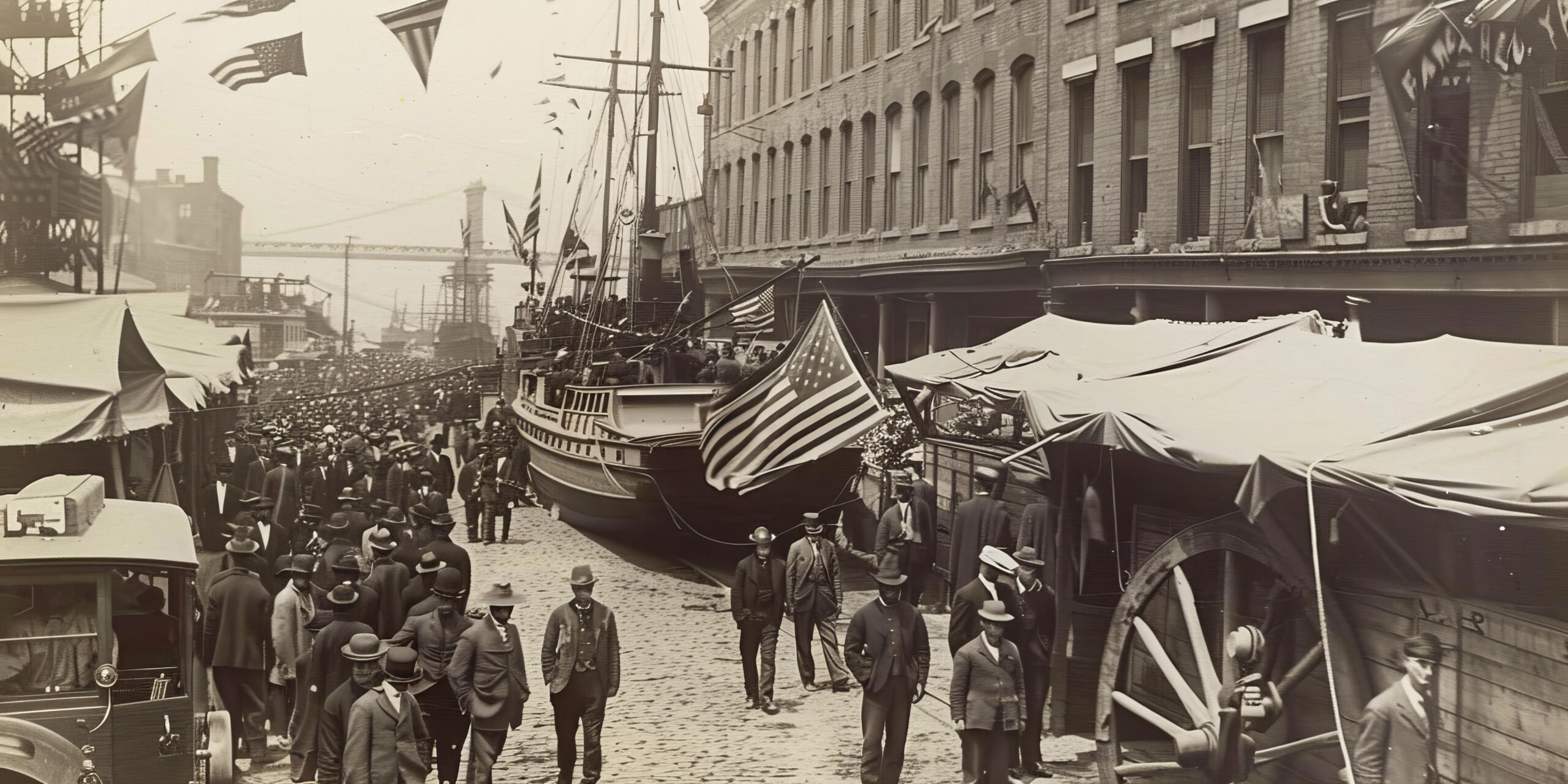So, What is Labor Day?
The usual inflection accompanying the phrase “Oh, it’s Monday” is generally not a happy one. The first Monday of September is the exception. On this day, across all social media platforms, the general consensus is that of “happy”. Families on a last second trip to the beach before school schedules fully set it, college students making one trip home for the few things they forgot, pool parties left and right- labor day? But nobody is working! All labor appears to come to a screeching halt. But why? What does Mississippi have to do with it?
Labor Day, observed annually on the first Monday of September, is a federal (mandated by the national government) holiday dedicated to honoring the contributions of workers and celebrating the achievements of the labor movement in the United States. The history of Labor Day, its national significance, and the unique context of this holiday in Mississippi is one that many Mississippians don’t understand.
The Origins
The origins of Labor Day can be traced back to the late 19th century, a period marked by significant labor unrest and the rise of labor unions advocating for better working conditions and workers’ rights. The idea for a holiday to honor workers was proposed as early as the 1880s.
The first organized Labor Day celebration occurred on September 5, 1882, in New York City. This event, arranged by the Central Labor Union, included a parade and a picnic to honor the working class and demonstrate solidarity among workers (Lichtenstein, 2002). The event was a success and sparked interest in establishing a national holiday to recognize workers’ contributions.
Labor Day gained national significance in 1894 following the Pullman Strike, a major labor dispute involving the Pullman Company and its workers, which led to violent clashes between strikers and federal troops. The strike had a severe impact on national railroads, disrupting transportation across the country (Katz, 2002). In response to the unrest and to appease labor leaders, Congress passed an act on June 28, 1894, making Labor Day a federal holiday. President Grover Cleveland signed the bill into law, marking a significant victory for the labor movement (Diner, 1998).
Labor Day serves not only as a day off for workers but also as a reflection on the progress made in labor rights and workers’ welfare. The holiday highlights the achievements of the labor movement, including improvements in working conditions, the establishment of fair wages, and the right to organize into unions (Lichtenstein, 2002). It is also a time to recognize ongoing labor issues and the continued efforts of workers and unions to address them.
Mississippi’s Relationship with Labor Day
In Mississippi, Labor Day is observed similarly to other states, but the state’s labor history presents a distinct narrative due to its unique socio-economic and racial dynamics. Mississippi’s economy, traditionally reliant on agriculture, presented particular challenges for labor organizing. The state’s workforce, which included a significant number of African American workers, faced arduous conditions and limited rights. The early 20th century was marked by resistance to labor unions, partly due to the economic dependence on agriculture and the racial segregation prevalent in the region (Parker, 2015).
Conclusion
Labor Day is more than just a holiday marking the end of summer; it is a day to honor the achievements of the labor movement and reflect on the progress made in workers’ rights. In Mississippi, the holiday’s significance is colored by the state’s unique economic and racial history. The labor movement in Mississippi, while aligned with national trends, also reflects the specific challenges and intersections with civil rights struggles that characterize the state’s labor history. As Labor Day continues to be celebrated, it serves as a reminder of the ongoing efforts to improve working conditions and address inequalities faced by workers.
We’ll be back tomorrow with another article in our series. Read the previous article here:



















